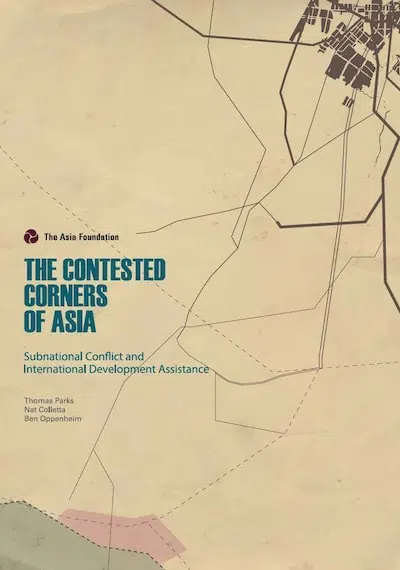The Contested Corners of Asia: Subnational Conflict and International Development Assistance
Subnational conflict is the most widespread, enduring, and deadly form of conflict in Asia. Over the past 20 years (1992-2012), there have been 26 subnational conflicts in South and Southeast Asia, affecting half of the countries in this region. Concerned about foreign interference, national governments limit external access to conflict areas by journalists, diplomats, and personnel from international development agencies and non-governmental organizations. As a result, many subnational conflict areas are poorly understood by outsiders and easily overshadowed by larger geopolitical issues, bilateral relations, and national development challenges. The interactions between conflict, politics, and aid in subnational conflict areas are a critical blind spot for aid programs. This study was conducted to help improve how development agencies address subnational conflicts.
Additional findings from this study:
- The Contested Corners of Asia: Subnational Conflict and International Development Assistance (Executive Summary)
- The Case of Aceh, Indonesia (Executive Summary)
- The Case of Aceh, Indonesia (Full Report)
- The Case of Mindanao, Philippines (Executive Summary)
- The Case of Mindanao, Philippines (Full Report)
- The Case of Southern Thailand (Executive Summary)
- The Case of Southern Thailand (Full Report)

